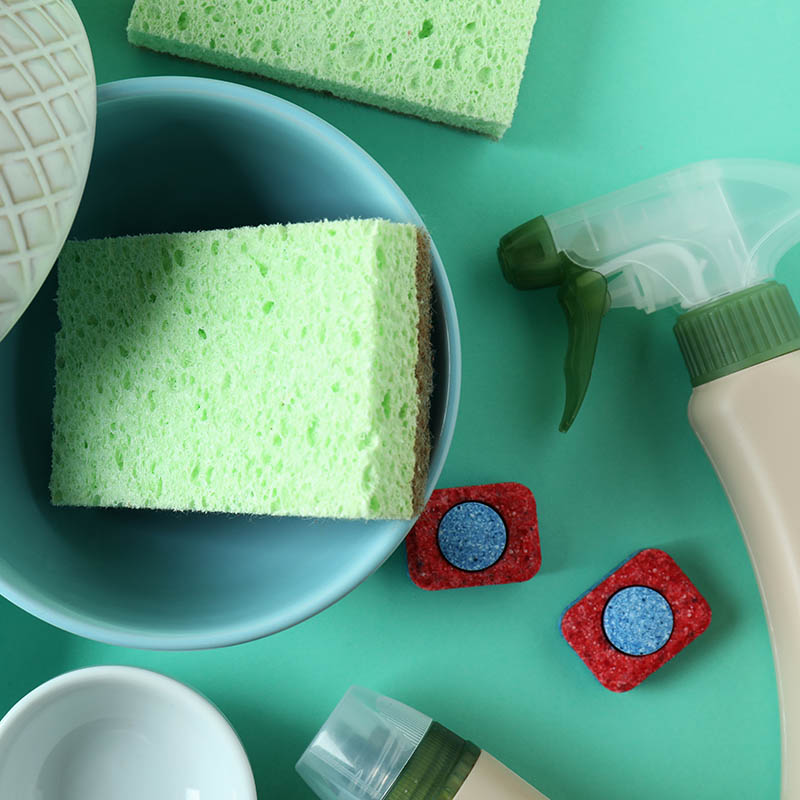
By: Nyla G.
Year: 2023
School: McPherson Magnet
Grade: 8
Science Teacher: Danielle Garcia
In the quest for a cleaner and greener planet, researchers and environmentalists are constantly exploring ways to minimize the impact of human activities on the Earth. One such endeavor is the comparison between eco-friendly detergents and conventional detergents in terms of their impact on the environment. In this particular study, earthworms serve as the test subjects to assess the potential harm caused by chemical-based detergents and the potential benefits of eco-friendly alternatives.
The primary objective of this environmental project is to investigate whether green, eco-friendly detergents are safer for the environment compared to their conventional counterparts. The experiment utilizes earthworms as indicators, hypothesizing that worms sustained in eco-friendly soil would thrive, while those exposed to chemically-based detergents would perish.
To conduct this three-trial experiment, the following materials were employed: 9-oz styrofoam cups, a permanent marker, liquid dishwashing detergents (Dawn, Ajax, Seventh Generation, and Ecos Dish Soap), 60 nightcrawler earthworms, a disposable 10 cc syringe, 8 ounces of potting soil, disposable gloves, newspaper for recording, a notebook/paper, a kitchen scale, and a plastic cylinder.
The experiment involved placing five worms in each of the 9-ounce styrofoam cups, covering them with 8 ounces of potting soil, and infusing each cup with a specified detergent using a 10 cc syringe. This process was repeated for a total of three trials, with each trial lasting five days. After the testing period, the remaining contents of the cup were poured onto newspaper, and the number of live and dead worms were recorded.
The outcomes revealed that the soil infused with chemically-based detergents resulted in the highest percentage of dead worms. Conversely, one brand of eco-friendly detergent demonstrated a lower number of worm deaths across subjects. This suggests a potential correlation between the type of detergent and the well-being of the earthworms, supporting the hypothesis that green detergents are generally safer for the environment.
In concluding the study, the findings strongly support the assertion that eco-friendly detergents provide a more sustainable environment for earthworms to thrive. The key factor influencing this conclusion is the presence of fewer harmful substances in eco-friendly detergents compared to their chemically-based counterparts. However, it is essential to highlight that not all eco-friendly detergents deliver on their promises.
Upon scrutinizing the ingredients, it was discovered that Ecos and Seventh Generation detergents stand out as exemplary eco-friendly options. Both brands boasted ingredients that were 100% biodegradable, free of parabens and dyes, and contained plant-derived surfactants. This aligns with the environmentally conscious ethos of these detergents, providing a safe haven for the earthworms in the experiment.
On the other hand, a closer inspection of the ingredients in Ajax and Dawn revealed a less favorable profile. These detergents contained toxins such as chloroxylenol, sodium chloride, lauramine oxide, dyes, and various fragrances. This information raises concerns about the potential adverse effects of such ingredients on the environment, particularly on the well-being of earthworms.
